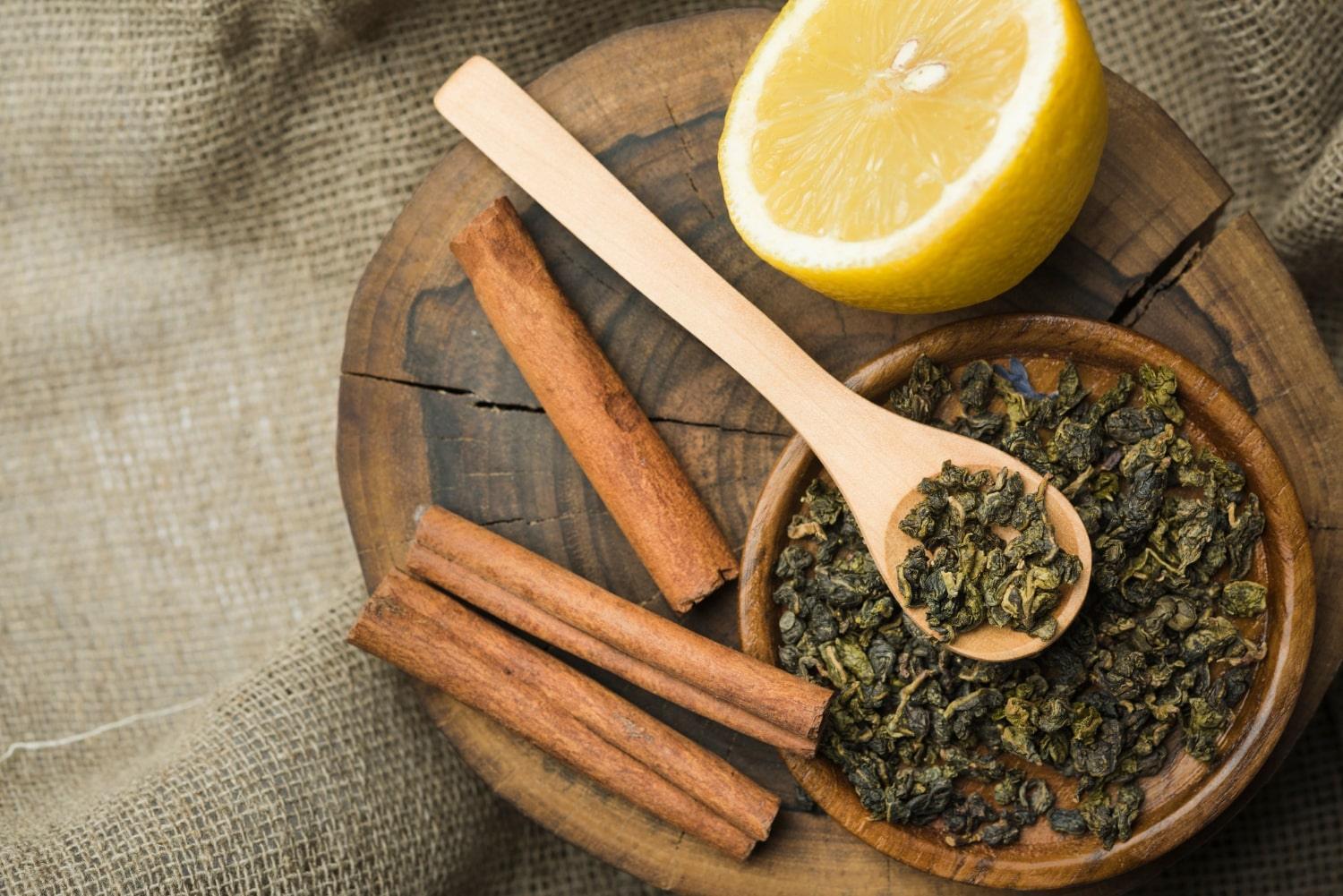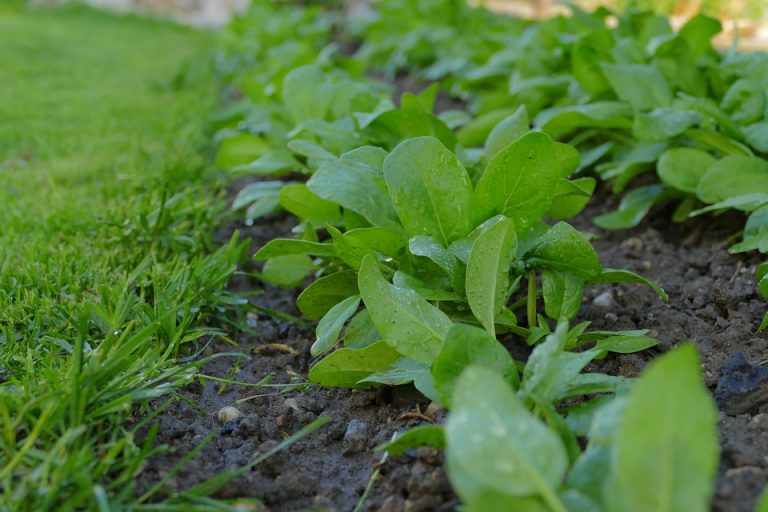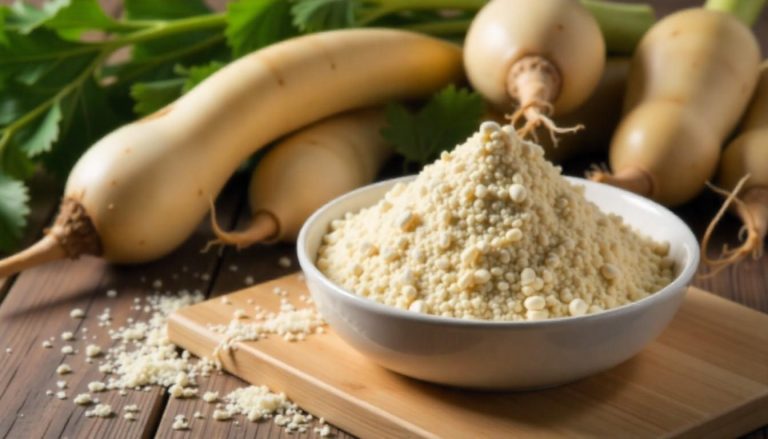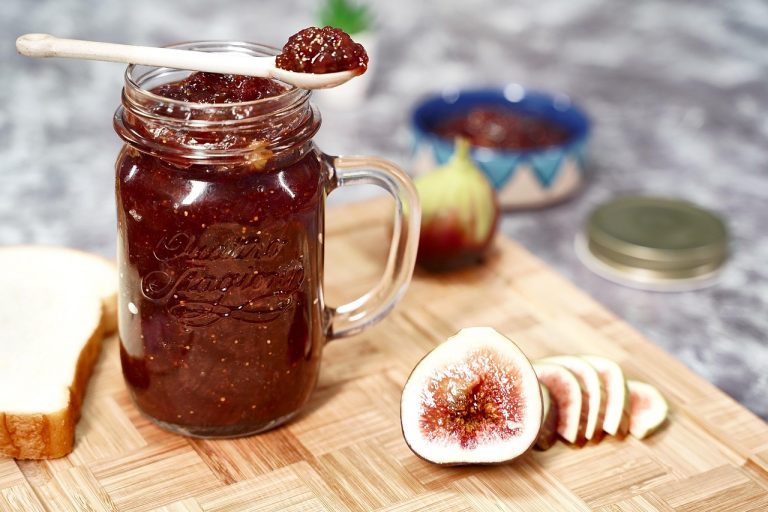When it comes to hormonal balance, many of us might think of complicated treatments or medications. But what if I told you that nature has provided us with some incredible herbs that can help? It’s surprising how much power lies in these little green wonders. Whether you’re dealing with PMS, menopause, or other hormonal fluctuations, the right herbs can make a significant difference.
In this article, we’ll explore five herbs known for their positive effects on hormonal balance, backed by science and personal insights. Let’s dive in!
Contents
1. Ashwagandha
What Is It?
Ashwagandha, often dubbed the “Indian ginseng,” is an adaptogenic herb that helps the body cope with stress. Its scientific name, Withania somnifera, might not roll off the tongue easily, but its benefits are worth remembering.
How It Helps
Stress can wreak havoc on hormonal balance. When cortisol levels rise due to stress, other hormones can be thrown off-kilter. Ashwagandha has been shown to lower cortisol levels, promoting a more balanced hormonal environment.
Pros:
- Reduces stress and anxiety.
- May enhance fertility by improving testosterone levels in men.
- Supports thyroid health.
Cons:
- Some people may experience digestive upset.
- Not everyone responds to adaptogens the same way.
Personal Insight
In my experience, incorporating ashwagandha into my routine made a noticeable difference in my stress levels. I felt more centered and less reactive to daily challenges. However, it’s essential to find the right dosage for your body.
Research Note
A study published in Journal of Clinical Psychiatry in 2019 found that ashwagandha significantly reduced stress and anxiety levels in participants (Chandrasekhar et al., 2019).
2. Chaste Tree (Vitex Agnus-Castus)
What Is It?
Chaste tree, or Vitex agnus-castus, has been used for centuries, particularly in traditional medicine for women’s health. It’s often recommended for issues related to the menstrual cycle.
How It Helps
Chaste tree works primarily by influencing the pituitary gland, which plays a crucial role in hormone production. By promoting the production of luteinizing hormone (LH), it can help regulate menstrual cycles and alleviate symptoms of PMS.
Pros:
- May reduce PMS symptoms like mood swings and breast tenderness.
- Can help with irregular menstrual cycles.
- Some evidence suggests it may support fertility.
Cons:
- Results can take several months to become noticeable.
- Might cause mild gastrointestinal upset in some users.
Personal Insight
I’ve heard from friends who swear by chaste tree for managing their PMS symptoms. While it took a few months for them to see results, the positive changes made it worth the wait.
Research Note
A systematic review in Phytotherapy Research (2018) summarized the effects of chaste tree and found it effective for treating PMS symptoms (Wang et al., 2018).
3. Maca Root
What Is It?
Maca root, a native plant from the Andes mountains, has gained popularity as a superfood. This root vegetable is packed with nutrients and is often consumed in powder form or as a supplement.
How It Helps
Maca root is known to support hormonal balance by nourishing the endocrine system. It may help alleviate symptoms of menopause, such as hot flashes and mood swings, and even boost libido.
Pros:
- Rich in vitamins and minerals.
- Supports energy levels and stamina.
- Can enhance sexual function.
Cons:
- Some people might experience digestive issues.
- Not suitable for everyone, particularly those with hormonal-sensitive conditions.
Personal Insight
I once tried maca in my morning smoothie, and I felt an energy boost that lasted throughout the day. It’s a great addition for anyone looking to enhance their vitality!
Research Note
A study published in Evidence-Based Complementary and Alternative Medicine (2015) found that maca root improved sexual desire in postmenopausal women (Gonzales et al., 2015).
4. Black Cohosh
What Is It?
Black cohosh, or Actaea racemosa, is a herb that has been used in traditional medicine, particularly for women’s health. It’s often touted for its role in alleviating menopausal symptoms.
How It Helps
Black cohosh is believed to mimic estrogen in the body, making it beneficial for women experiencing menopause. It can help reduce hot flashes and mood swings associated with hormonal changes.
Pros:
- Effective in managing menopausal symptoms.
- May reduce the frequency and intensity of hot flashes.
- Generally well-tolerated.
Cons:
- Not recommended for long-term use.
- Some may experience gastrointestinal discomfort.
Personal Insight
I’ve spoken to several women who found relief from hot flashes after using black cohosh. It’s inspiring to see how a natural remedy can help during such a challenging time.
Research Note
A meta-analysis published in Menopause (2016) confirmed that black cohosh is effective in reducing menopausal symptoms (Tzeng et al., 2016).
5. Dong Quai
What Is It?
Dong quai, or Angelica sinensis, is often referred to as “female ginseng.” It’s a traditional herb in Chinese medicine known for its ability to support women’s reproductive health.
How It Helps
Dong quai is believed to help regulate menstrual cycles and alleviate menstrual pain. It works by nourishing the blood and promoting circulation, which can be particularly beneficial for women experiencing hormonal imbalances.
Pros:
- May alleviate menstrual cramps.
- Can help regulate menstrual cycles.
- Supports overall reproductive health.
Cons:
- Can cause photosensitivity in some individuals.
- Not suitable for women with hormone-sensitive cancers.
Personal Insight
I’ve read numerous testimonials about dong quai helping women with irregular cycles. It’s fascinating how traditional remedies can have such a profound impact on modern health.
Research Note
A study published in The Journal of Alternative and Complementary Medicine (2012) highlighted dong quai’s potential benefits for menstrual health (Lee et al., 2012).
FAQs
1. How long does it take for these herbs to show results?
Results can vary based on the individual and the herb. Some may notice effects within weeks, while others might take several months. Consistency is key!
2. Are there any side effects associated with these herbs?
While these herbs are generally safe for most people, they can cause side effects like digestive upset or allergic reactions in some cases. Always consult a healthcare provider if you have concerns.
3. Can I take these herbs alongside my medications?
Some herbs may interact with medications, so it’s crucial to speak with a healthcare professional before adding any new supplements to your routine.
4. Where can I find these herbs?
Most of these herbs are available in health food stores, online retailers, or in herbal supplement form. Just be sure to choose high-quality products!
Conclusion
Navigating hormonal balance can be a complex journey, but incorporating these five herbs into your routine may provide natural support. From ashwagandha’s stress-reducing properties to dong quai’s menstrual regulation, there’s a wealth of options to explore.
Remember, everyone’s body is different, and what works for one person might not work for another. So, take your time, do your research, and consider consulting a healthcare provider before making any significant changes to your health regimen.
This article is for educational purposes only and is not a substitute for professional medical advice. Always consult a qualified healthcare provider before making changes to your health routine.
References
-
Chandrasekhar, K., Kapoor, J., & Anishetty, S. (2019). A randomized double-blind, placebo-controlled study of the efficacy and safety of ashwagandha (Withania somnifera) root extract in reducing stress and anxiety in adults. Journal of Clinical Psychiatry. Retrieved from https://doi.org/10.4088/JCP.18m12234
-
Wang, Y., Zhang, Y., & Zhang, Y. (2018). Efficacy of Vitex agnus-castus in the treatment of premenstrual syndrome: A systematic review and meta-analysis. Phytotherapy Research. Retrieved from https://doi.org/10.1002/ptr.6145
-
Gonzales, G. F., & Córdova, A. (2015). Maca (Lepidium meyenii) improves sexual desire in postmenopausal women: a randomized, double-blind, placebo-controlled trial. Evidence-Based Complementary and Alternative Medicine. Retrieved from https://doi.org/10.1155/2015/696859
-
Tzeng, J. I., & Lee, Y. J. (2016). Efficacy of black cohosh for menopausal symptoms: A meta-analysis. Menopause. Retrieved from https://doi.org/10.1097/GME.0000000000000640
-
Lee, M. S., Choi, T. Y., & Ernst, E. (2012). The effectiveness of Dong Quai (Angelica sinensis) for treating menstrual disorders: A systematic review. The Journal of Alternative and Complementary Medicine. Retrieved from https://doi.org/10.1089/acm.2011.0249
Get Your FREE Natural Health Guide!
Subscribe now and receive our exclusive ebook packed with natural health tips, practical wellness advice, and easy lifestyle changes, delivered straight to your inbox.






